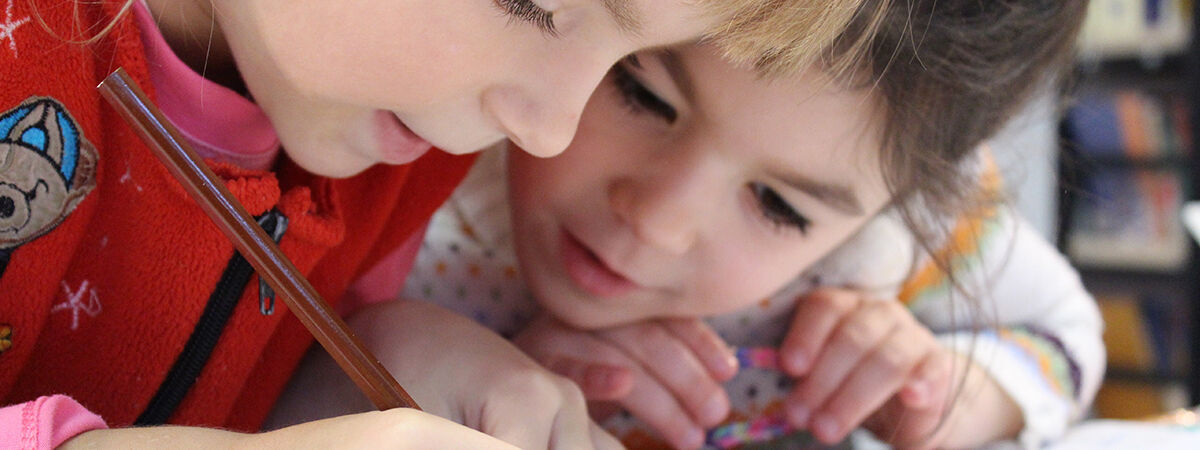Free school meals can be a vital lifeline for economically disadvantaged families but during the school holidays children lose access to this lifeline. Birmingham City University researchers were asked to evaluate one such programme, Holiday Kitchen, to see if it was effective in achieving its goals and provide recommendations for the future.

Researcher
Background
The University's research team, based in CSPACE, were asked to evaluate Holiday Kitchen, a structured summer programme set up to provide food and activities to the schoolchildren and families that need it most. During the long summer holidays, a huge issue for disadvantaged families is what to do with their children, as well as providing regular healthy meals. Research has shown that during the summer break children often either go hungry or survive on stodgy, filling but ultimately unhealthy meals, resulting in poor malnutrition and, upon returning to school in September, decreased academic performance.
The Holiday Kitchen programme was set up in 2014, running in various children's and community centres, and comprises of almost 300 participants, supported by a diverse range of community, commissioner, staff, sponsor and volunteer stakeholders.
Aims
The research team were asked to evaluate the project in relation to its effectiveness in achieving its three core objectives:
- Improving social inclusion and aspiration
- Improving family nutrition and wellbeing
- Reducing financial and emotional strain
The programme ran for two-four weeks at each centre, providing breakfast and lunch for families, educational and fun activities, and day trips to local places of interest.
Results
The team's evaluation showed overwhelmingly positive reviews from parents and children. It was reported that children who attended eat more healthily, undertake more exercise and demonstrate better behaviour, returning to school in a much better condition.
The success of Holiday Kitchen came down to meeting a clear community need in an accessible and fun way. It is hoped that the project is going to be rolled out nationally next summer, and that Birmingham City University will once again continue evaluating its effectiveness. The results of the report were featured in online news articles for The Guardian and the BBC.